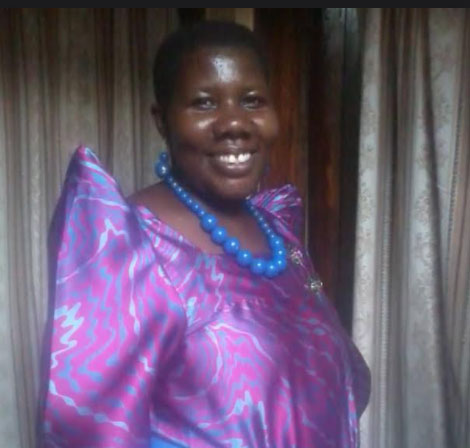
Peruth Basemera Defies Odds, Grows Her Business from a Retail Shop to a Franchise Distributor Chain Across 3 Districts
Kampala, Uganda | THE INDEPENDENT | Her journey began in 2005 as an airtime stockist for Airtel Uganda (then CELTEL Uganda), selling scratch cards in her retail shop. However, in 2012, the Airtel field staff members shared with her an opportunity to become an Airtel Franchise partner where she could distribute Airtel products on behalf of Airtel. Peruth Basemera was initially skeptical especially because she thought that running a distribution business was a venture out of her league.
Even though the opportunity was worthwhile, all she could think about was her minimal formal education and insufficient starting capital as barriers to becoming an Airtel distributor.
Basemera credits the Airtel field staff members who singled her out, believed that she had the capability to do more than selling scratch cards, and patiently took her through the documentation process that eventually saw her start up the business under BASEMERA and SONS.
When she successfully went through the interview process, she took it as a vote of confidence in her ability to run a successful business. Though she needed Ushs. 50 million, she managed to raise only 17 million Ushs with which she bought her first stock and set up shop in Nakasongola, the first district assigned to her.
Backed with a strong willpower, and a love for the brand she cherishes greatly, Peruth invested heavily in learning the business and was exceedingly joyful at the end of her first month when she received a commission of Ushs. 2 million. With laser focus, she worked through the distribution model’s support system, to ensure that the Airtel products were serving the people of Nakasongola.
“For female entrepreneurs to thrive, they should have passion for their businesses. Love what they do. They should dedicate time, account for expenses, and save to invest,” said Peruth Basemera.
“Financial stagnation will come to the one who rushes to use their profits for personal gains. Give yourself wholly to the trainings that have been made available to network and grow a profitable business that can be passed on to the next generation.”
In 2016, a new distribution model was introduced, and all distributors had to reapply to be franchise partners. This time she had the opportunity to take on the Luwero and Nakaseke market in addition to Nakaseke. Basemera watched the change of technology in the market and used this to leverage her growth.
She reminisces on the changes in the market that she leveraged to grow her business. She pushed for the multiple use of the Airtel Money product within her markets once the use of airtime scratch cards was banned by UCC in 2018.
Peruth believes that recruiting the right team is critical for business growth. For her personal growth, she set out to recruit, and train young energetic people who have integrated their academic expertise into the day-to-day efficient running of the distribution chains.
Through various franchise partner development training courses at Airtel, she learned and then automated business processes that have made her business more efficient.
“Through the support I received from Airtel, my peers see me as someone who can add value to them. I train women at my church and in the community to start up business ventures that will help them improve their lifestyle,”
Airtel Uganda CSR Manager Charity R. Bukenya, explained, “Reflecting on this year’s Women’s Day theme of, invest in women: Accelerate progress, we are intentional about opening spaces within our business ecosystem for women-led enterprises or businesses to thrive. Women can go beyond leading small household feed-my-family businesses to being equipped with tools, skills, and the knowledge to take on more responsibility. Empowered women like Peruth can catalyze economic growth in whole districts, get more control of productive assets which are a tool to reduce household poverty, and increase economic development through creating jobs for others. All investments in women have a multiplier effect on health, education, for the communities where they are taking on opportunities.”
 The Independent Uganda: You get the Truth we Pay the Price
The Independent Uganda: You get the Truth we Pay the Price


